The Complex Life Of Hollywood Leading Man Gary Cooper
Handsome, clever, smart, and talented, Gary Cooper was one of the biggest stars in Hollywood from the end of the silent film era through the end of the golden age of Classical Hollywood. He was known for playing a range of leading characters in various genres and was renowned for his authenticity in each role. While he seemed to have a picture-perfect life full of money and fame, that was far from the truth. See the man Gary Cooper really was, and why the public saw him as an American hero.
He Started Out As A Stuntman
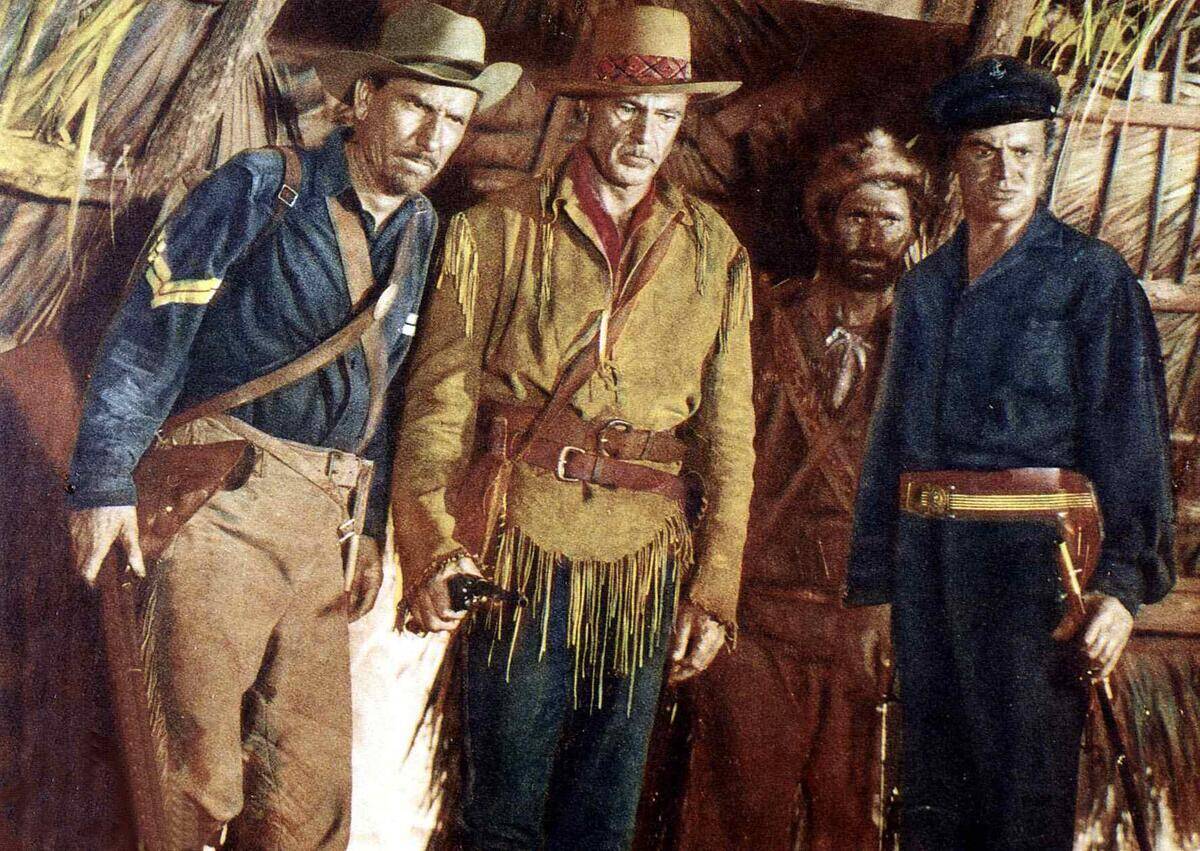
In 1925, Gary Cooper started his career in front of the camera as a stunt rider and extra in silent Western films such as The Trail Rider, The Thundering Herd, and Wild Horse Mesa.
However, Cooper had the upper hand considering that he grew up on a farm and was a skilled horseman well before he got into acting. Unfortunately, Cooper found his job to be “tough and cruel” on both the rider and the horses. This inspired him to rise in the ranks.
His Actual Name Is Frank
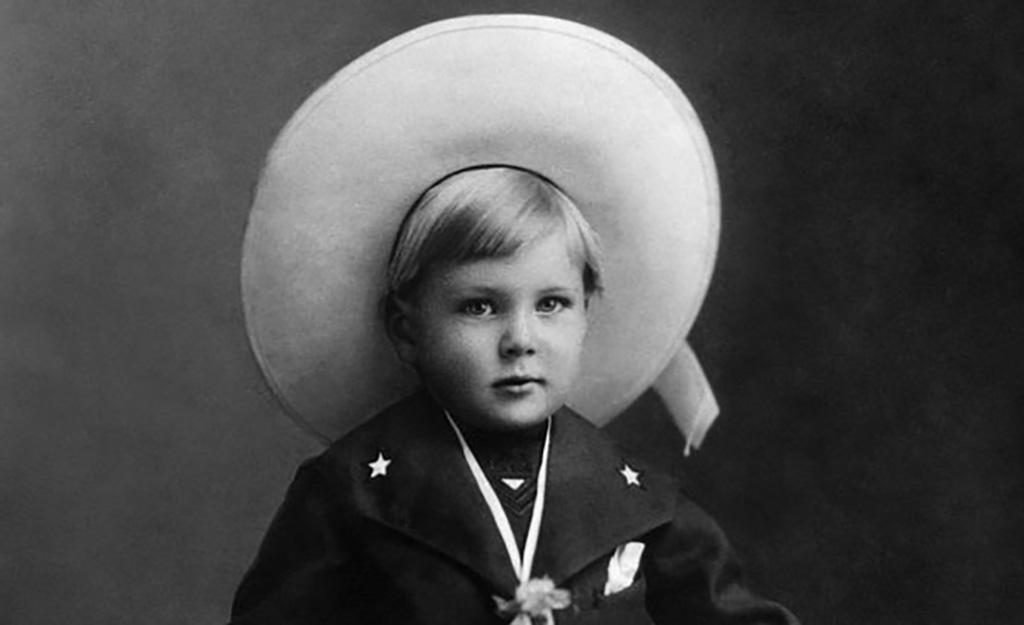
Born Frank Cooper, when he was looking for acting jobs, he employed casting director Nan Collins as his agent. It was her who suggested that Cooper changed his name to Gary, which was inspired by her hometown of Gary, Indiana.
The reason that she suggested that he changed names was because, from her professional experience, she thought there were already too many Frank Coopers in Hollywood. Although the name Gary was unique at the time, that would all change shortly.
His Hard Work Paid Off
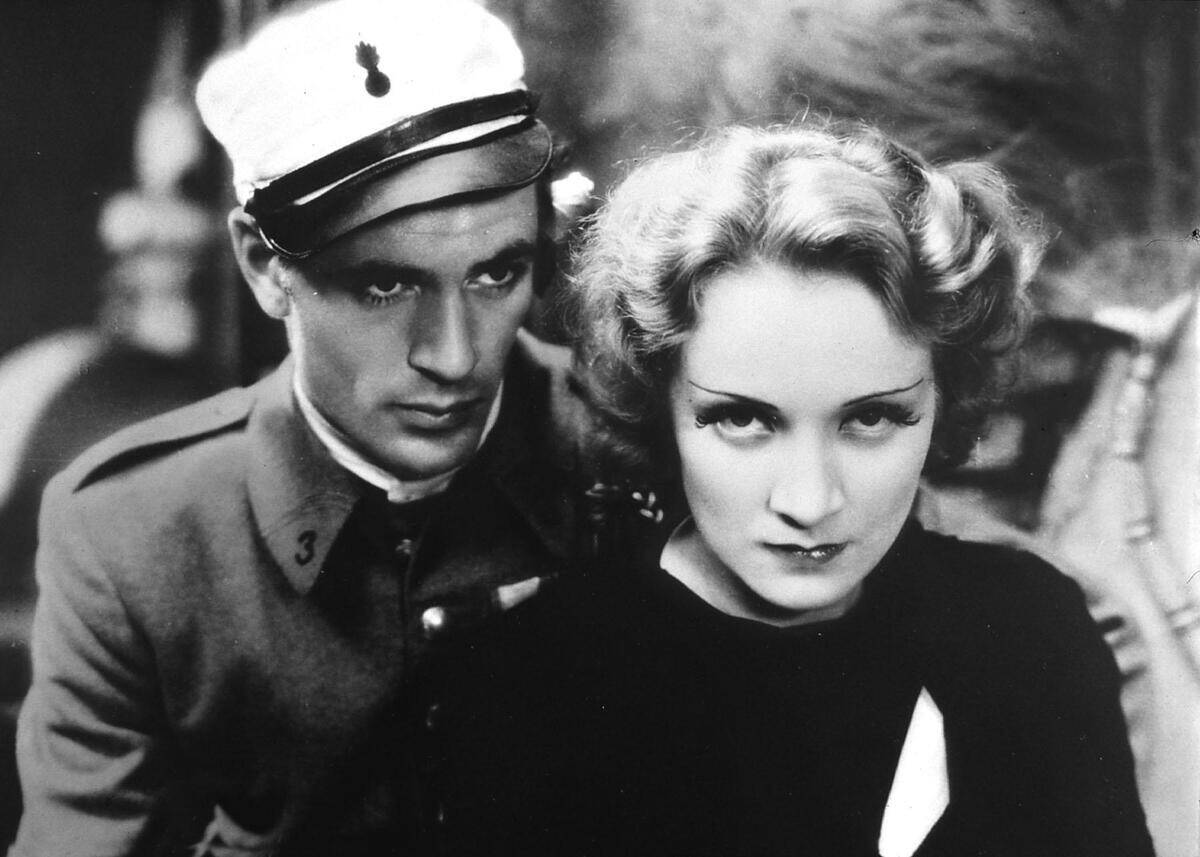
Not long after his career in movies started, the now “Gary” Cooper began landing film roles that gave the former stuntman some significant screen times. One of these initial roles was in the 1925 film Tricks, where he starred as the film’s primary antagonist.
In June of 1926, Cooper ended up signing a contract with Samuel Goldwyn Productions, which resulted in him acting in the successful film, The Winning of Barbara Worth. Cooper’s performance led critics to describe him as a “future star.”
He Was In A Tragic Accident
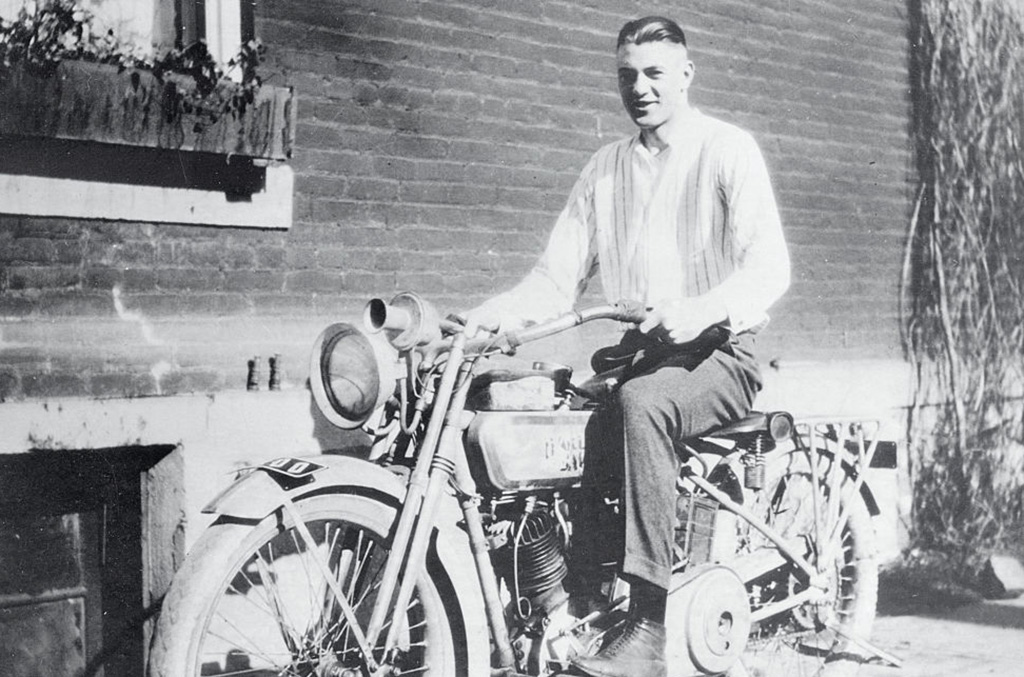
When Cooper was just a teenager, he was in a horrible car accident that afflicted him for the rest of his life. Although he was lucky to survive, the accident was always with him.
Fans who have seen many of Cooper’s films know that despite his talent in front of the camera, it’s noticeable that each of his characters walks with a slight limp. This was the result of his accident, although he didn’t let it bother him.
He Liked To Be The Hero
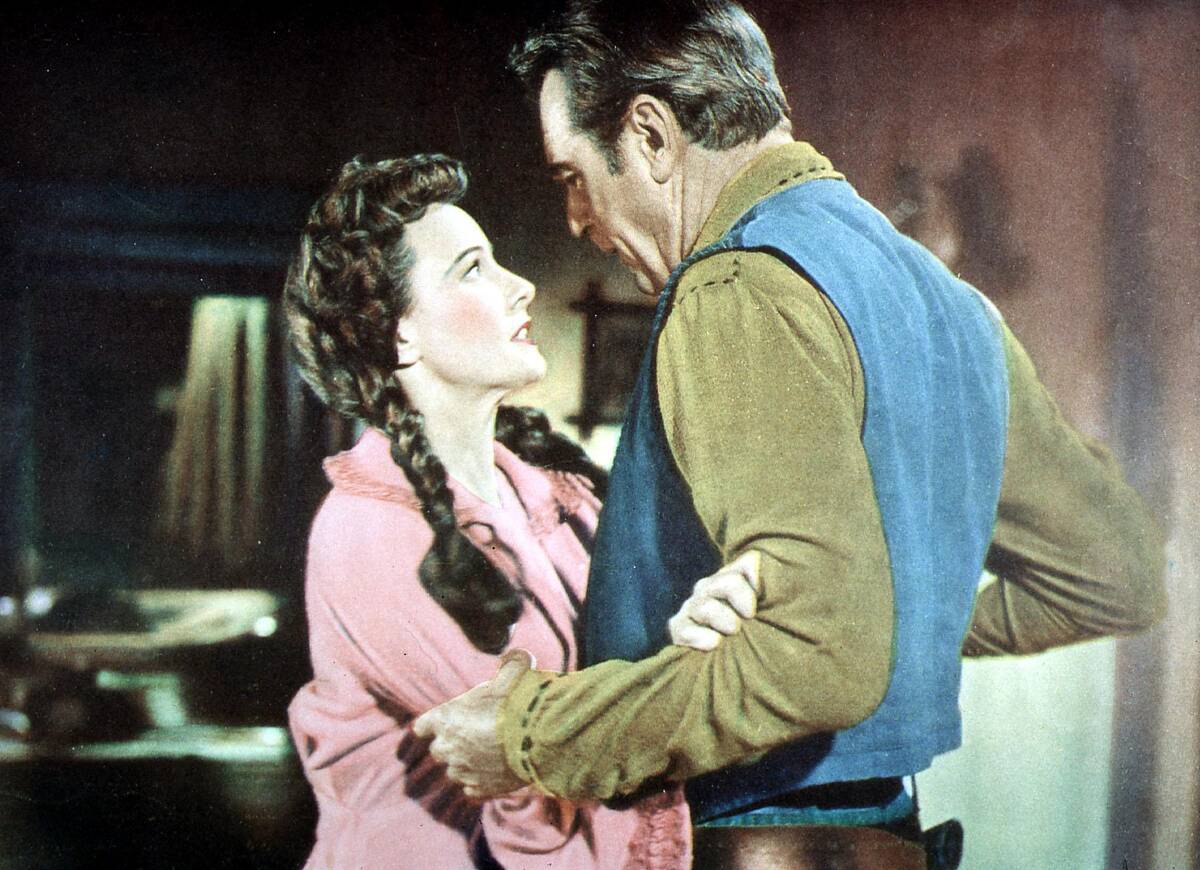
While Cooper may have had an extensive and varied career, one thing cannot be ignored. In the majority of the roles that he played, he was typically the character who could do no wrong and was one of the few moral characters in the story.
At one point, Cooper was discussing the development of one of his characters with a screenwriter. While shooting ideas back and forth, Cooper simply told him, “just make me the hero.”
Why He Took On The Role Of Lou Gehrig
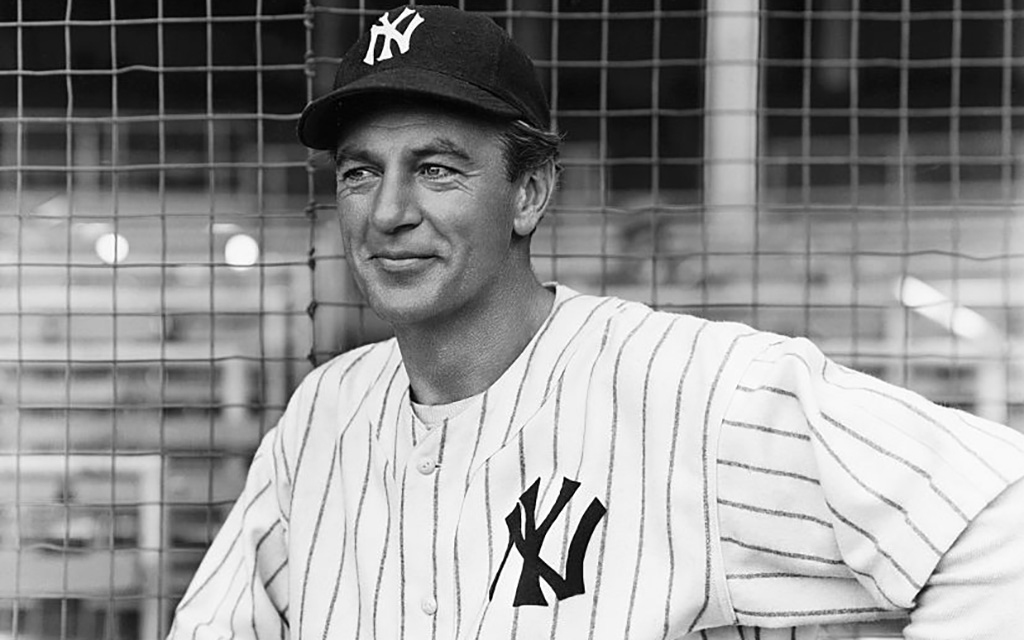
In 1942, Cooper starred in Pride of the Yankees as Lou Gehrig, a film about the legendary baseball player who unfortunately passed away from ALS the previous year. Cooper taking on the role had nothing to do his love for baseball or Lou Gehrig, in fact, he knew virtually nothing about the sport.
What inspired him to go for the part was a conversation that he had with Gehrig’s wife. Gehrig’s recently widowed wife told Cooper that if she could have anyone play her husband it would be him, so he agreed.
Cooper Risked His Career For A Friend
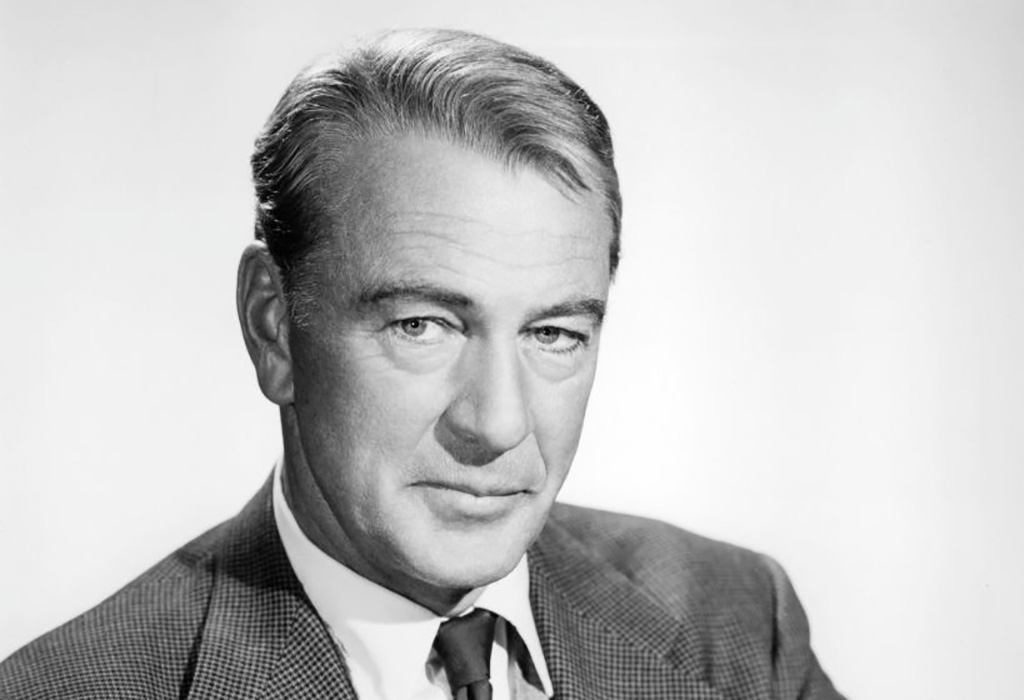
While Cooper may have played a lot of heroes in his films, he did something quite heroic in real life. In 1951, during the Red Scare, Carl Foreman, one of Cooper’s Hollywood friends and screenwriter, was subpoenaed by the House of Un-American Activities Committee for being a former member of the Communist Party.
However, Cooper put his career on the line to defend foreman and was threatened to be blacklisted. In the end, Cooper succeeded in his defense and wasn’t blacklisted, and neither was Foreman.
He Strongly Opposed Communism
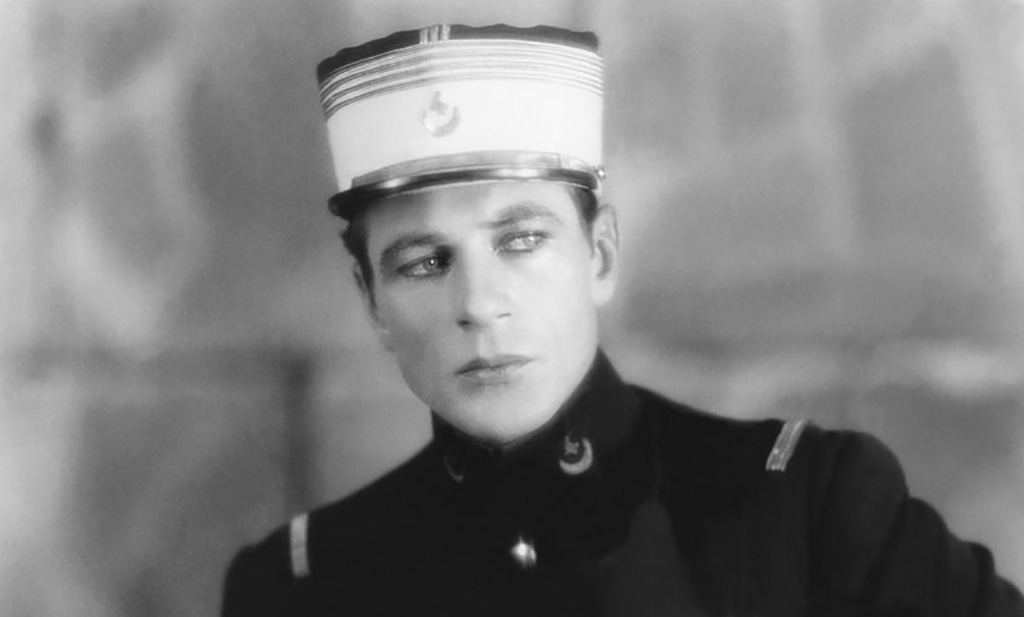
Even though Cooper may have risked his entire career for his friend who was once a Communist, Cooper was the farthest thing from a communist sympathizer. In the 1940s, Cooper helped to co-found the Motion Picture Alliance for the Preservation of American Ideals, which was formed to keep Communist and fascist ideals out of American movies.
At one point during the Red Scare, Cooper even testified that he turned down several roles because he thought they were too left-wing.
He Kept His Illness A Secret
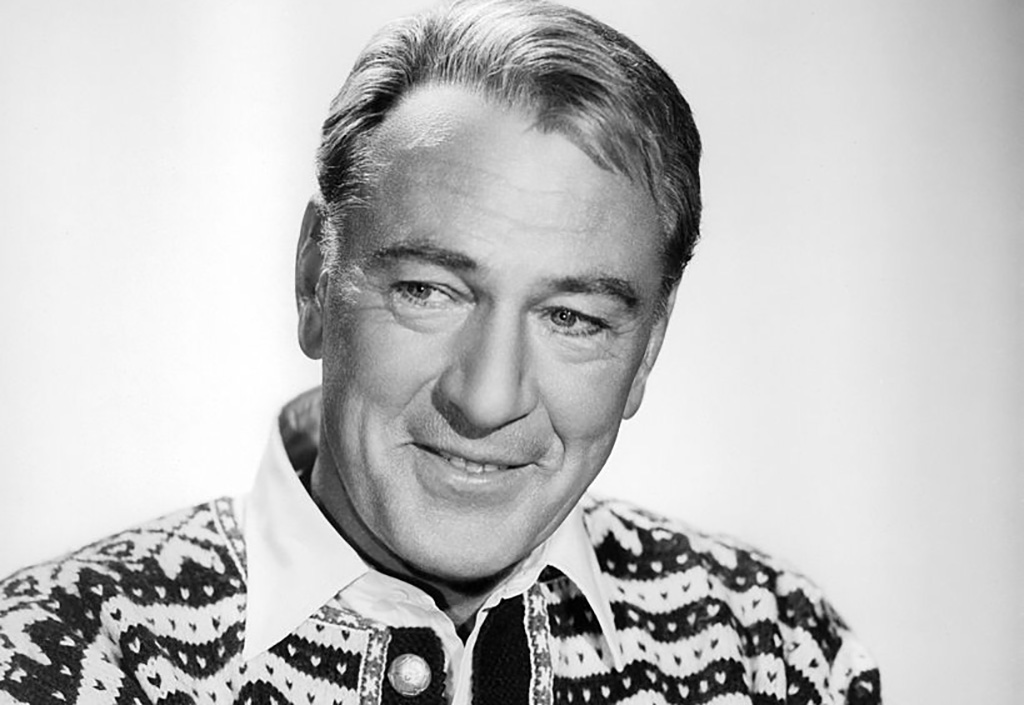
Throughout Cooper’s entire battle with cancer, he managed to keep it to himself. The press had no idea that one of Hollywood’s most beloved stars was near the end of his life, which was the way that Cooper wanted it.
However, the secret was revealed when Jimmy Stewart accepted an Oscar on Cooper’s behalf at the 33rd Annual Academy Awards. Holding back tears, Stewart gave a moving speech directed towards Cooper stating, “We’re very proud of you, Coop. All of us.”
He Was Good Friends With Ernest Hemmingway
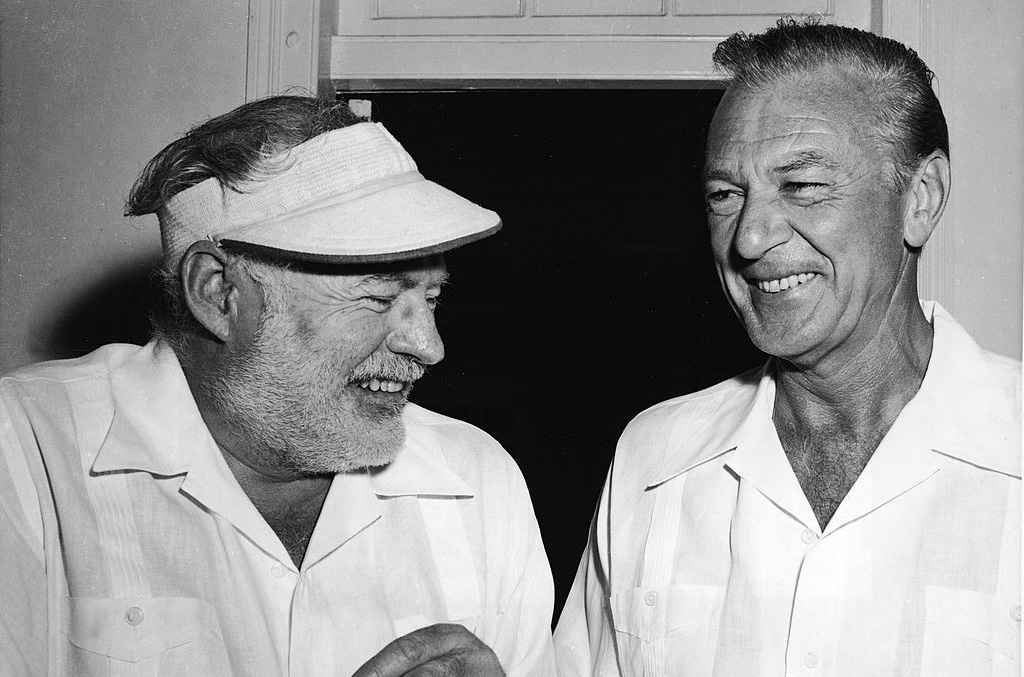
Something not all Cooper fans know is that he had a very close relationship with the acclaimed author Ernest Hemingway. Although they didn’t necessarily agree on politics, the two shared a deep love for hunting and fishing, establishing a bond between them.
Because of their friendship, Cooper ended up starring in For Whom the Bell Tolls and A Farewell to Arms, both film adaptions of Hemingway’s work. Strangely, just a month after Cooper’s death, Hemingway took his own life.
A Costume Designer Fell In Love With Him
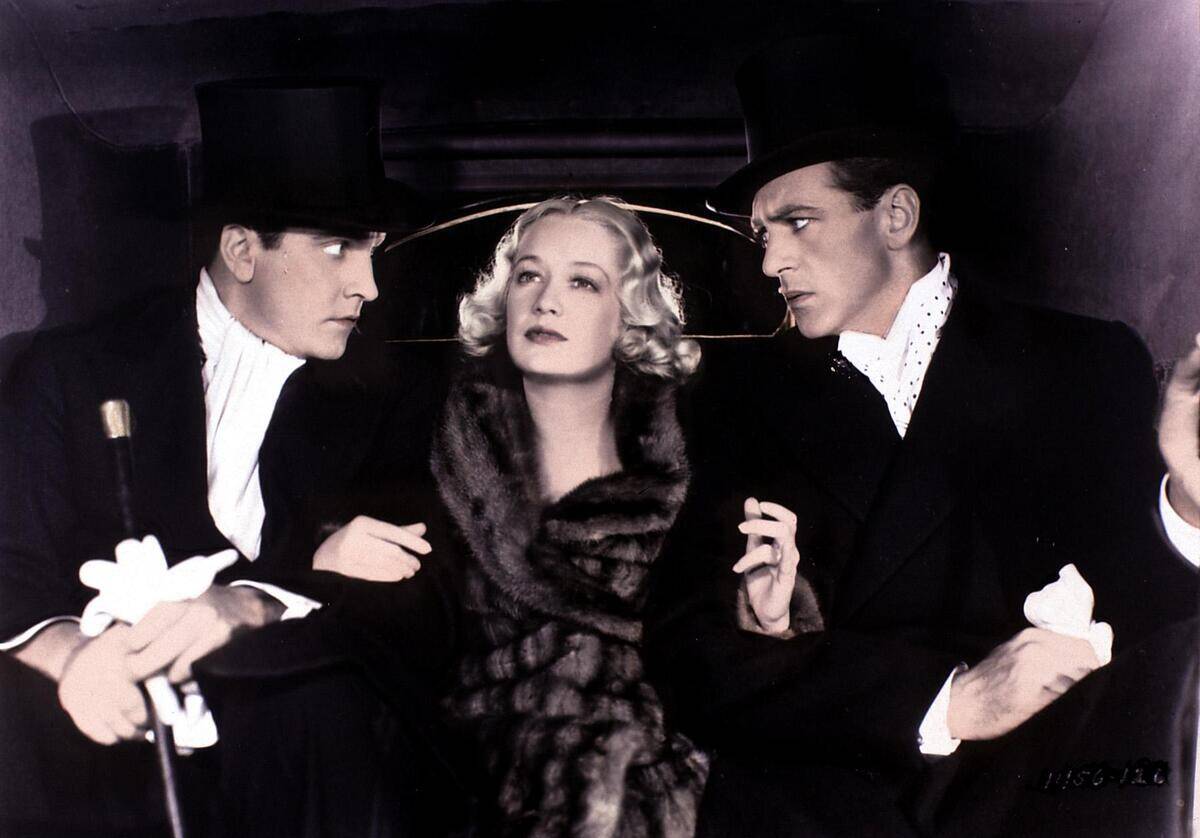
Although Cooper was married to Veronica Balfe until his death, his final affair was finally exposed to have been a woman named Irene Lentz, a notable Hollywood costume designer.
Lentz claimed that the two had an affair later in his life, and took her own life by jumping off a building just a year following Cooper’s death. According to Doris Day, Irene was devasted by the news of his death and told Day that he was “the only man she had ever loved.”
He Did His Part In World War II
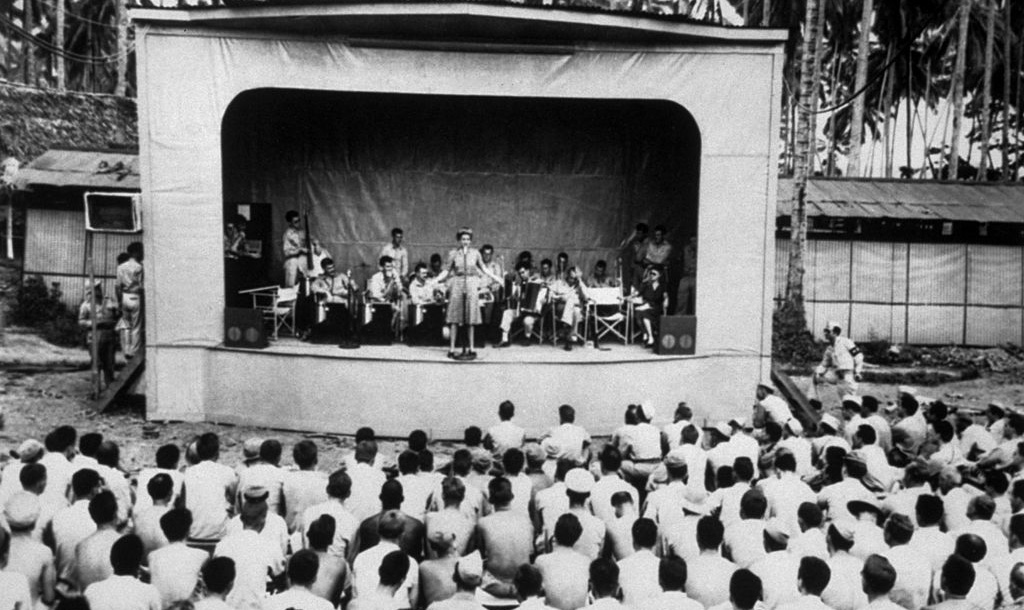
Although Cooper was deemed too old and unhealthy to serve in the military during World War II, he still made sure to do whatever he could to help. On top of visiting wounded soldiers in military hospitals, he also took a trip to the Southwest Pacific to meet with the troops.
There, he entertained the soldiers, living in the same conditions and eating the same rations as the men serving. He described the experience as the “greatest emotional experience” of his life.
A Lover Attempted To Shoot Him
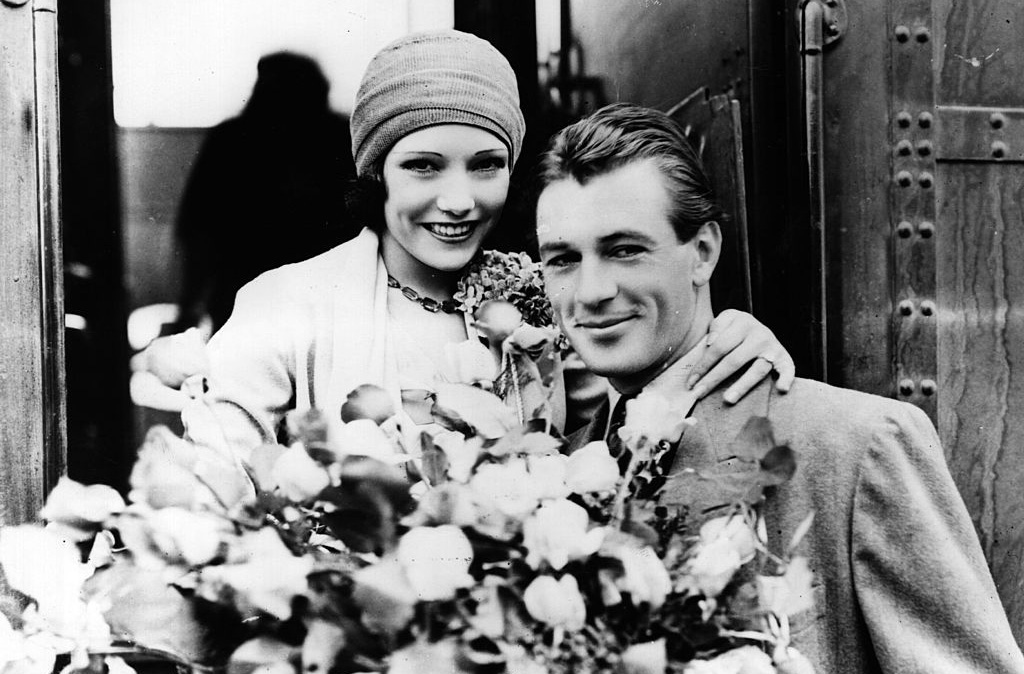
While filming The Wolf Song in 1929, Cooper became romantically involved with Lupe Velez, who is regarded as one of the most significant women of his early life. Their relationship lasted two years, with Cooper unable to remain faithful.
He began an affair with co-star Marlene Dietrich, and it didn’t take long for Velez to catch on. The rivalry between Velez and Dietrich was a field day for the press, eventually leading to Velez attempting to shoot Cooper when he was boarding a train.
Dirty Rumors
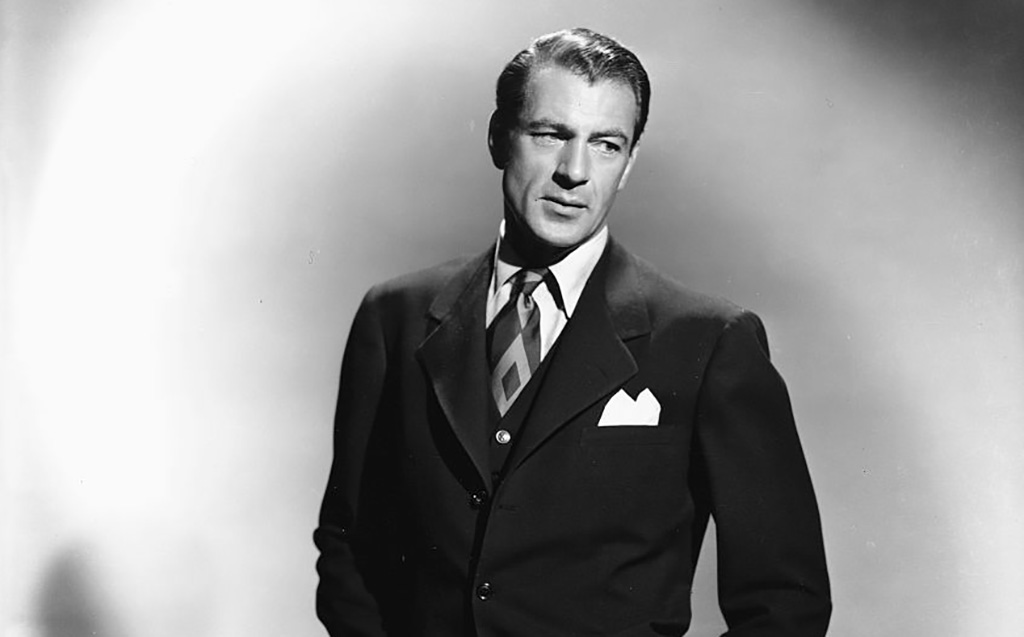
While it was no secret that Cooper enjoyed women, sparking an intimate relationship with just about every one of his female co-stars, other rumors began to circulate. One of these was that he was having an affair with fellow actor Anderson Lawler, whom he was sharing a house with while also romantically involved with Clara Bow and Lupe Velez.
According to Hedda Hopper, a friend of Velez, the actress would sniff for the smell of Lawler’s cologne after the two had been together.
He Was Investigated By An FBI For A Performance
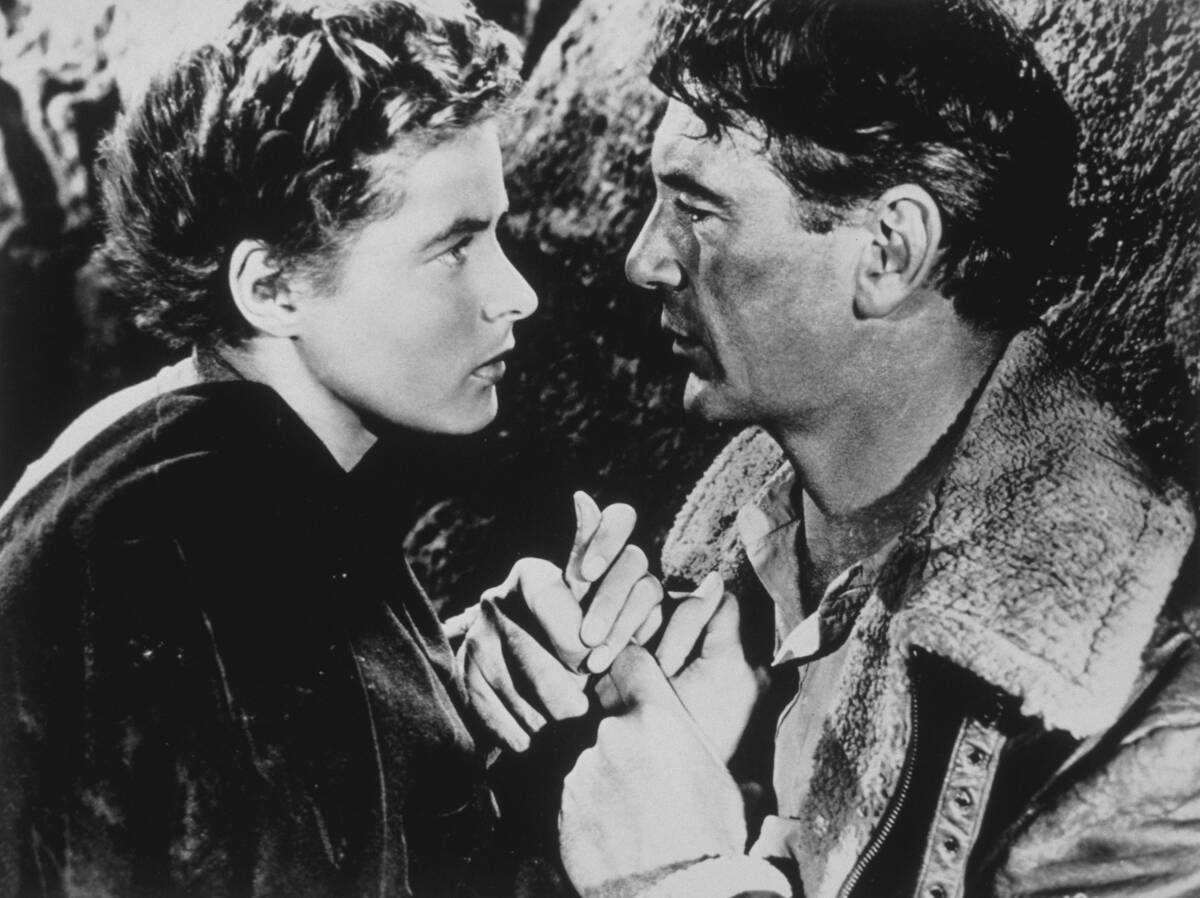
In For Whom the Bell Tolls in 1943, Cooper plays Robert Jordan, an American fighting in the Spanish Civil War against fascists. His performance was so impactful that a communist newspaper in Rio de Janeiro used his image to support their cause.
The newspaper printed that Cooper had given a speech in the support of Communism, which raised a red flag for the FBI. The FBI then contacted their people in Philadelphia to investigate if Cooper had been holding Communist rallies. The result was a 27-page report, although his name was cleared.
He Was Involved With A Italian Countess
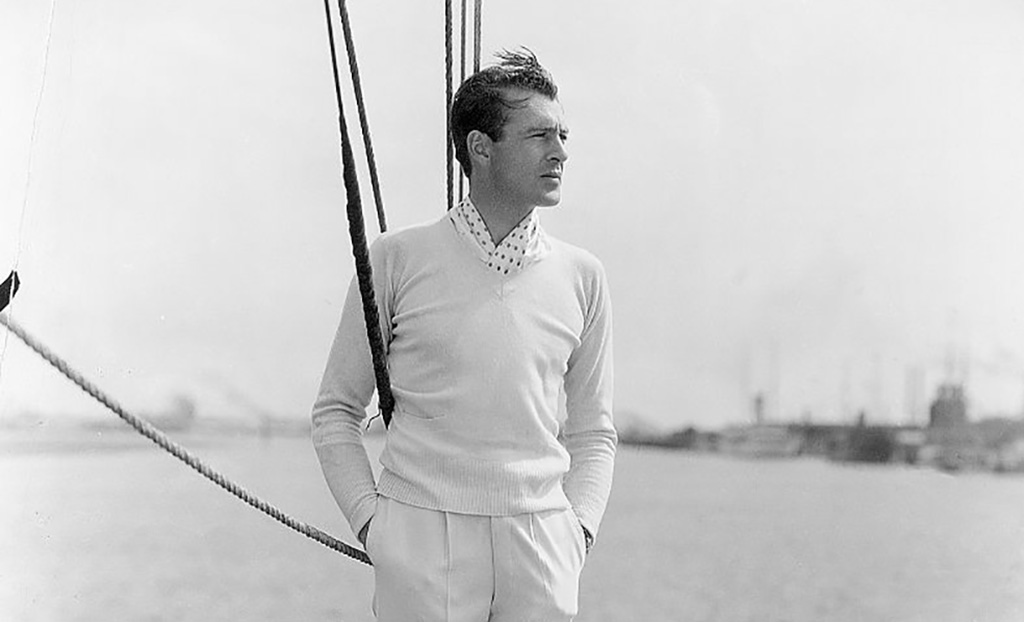
Although he was one of the most successful and popular actors in Hollywood, the constant work and relentless fame eventually took a toll on him, leaving him feeling lonely and depressed. So, he took a break from Hollywood and moved to Italy between 1931 and 1932.
There, he became romantically involved with the American-born Countess Dorothy di Frasso, who was married to an important Italian figure. The two spent a lot of their time in her villa in Rome and even took a 10-week safari in Africa.
His Marriage Was Saved By The Pope
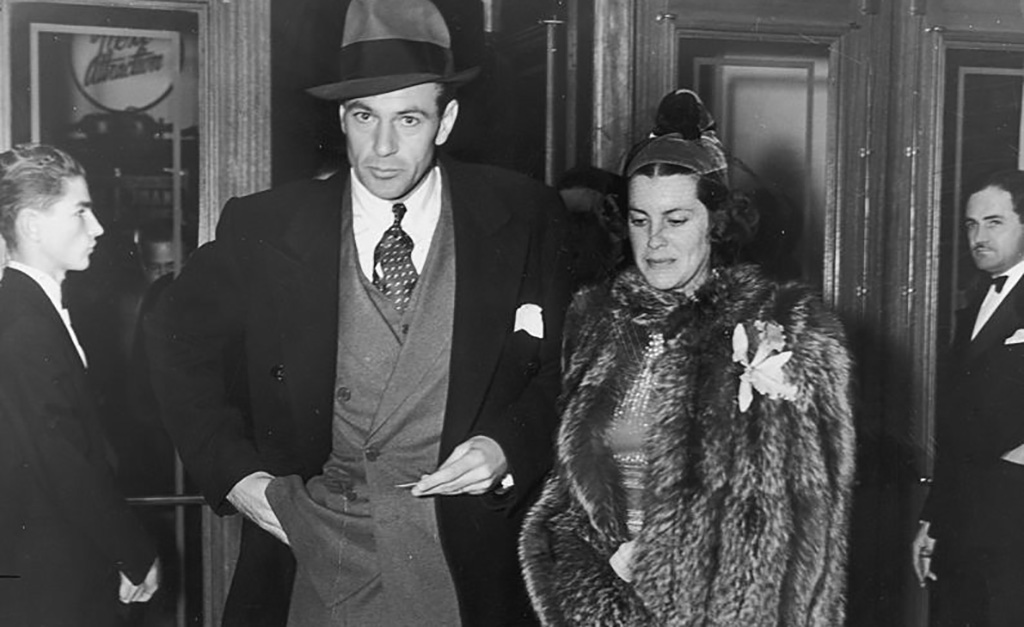
After marrying Veronica Balfe in 1937, Cooper seemed to be on the straight and narrow, putting his wife and now daughter first. He managed to stay faithful for some time until the vicious cycle started once again.
Cooper became involved with several other women during that time and by the late 1940s the rumors had caught up to Cooper. The two separated in 1951 but didn’t divorce. In 1953, Cooper joined his wife and daughter to Rome where they had a personal meeting with Pope Pius XII, which supposedly saved their marriage.
He Wasn’t As American As People Think
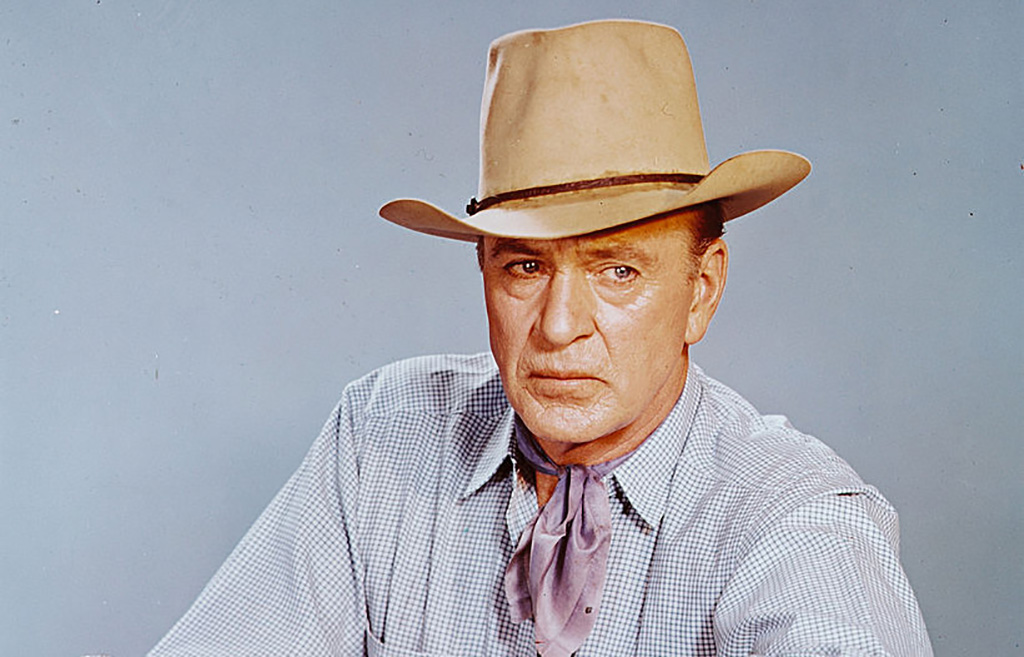
Throughout his life, Gary Cooper was the definition of an American success story. He was handsome, charming, hard-working, and made a career out of playing American heroes. However, he wasn’t as American as everyone made him out to be.
Both of his parents were actually from England, making him a first-generation American. His parents settled in Montana before Cooper was born, but returned to the United Kingdom for a short time during Cooper’s youth where he even went to school!
He Changed His Religion
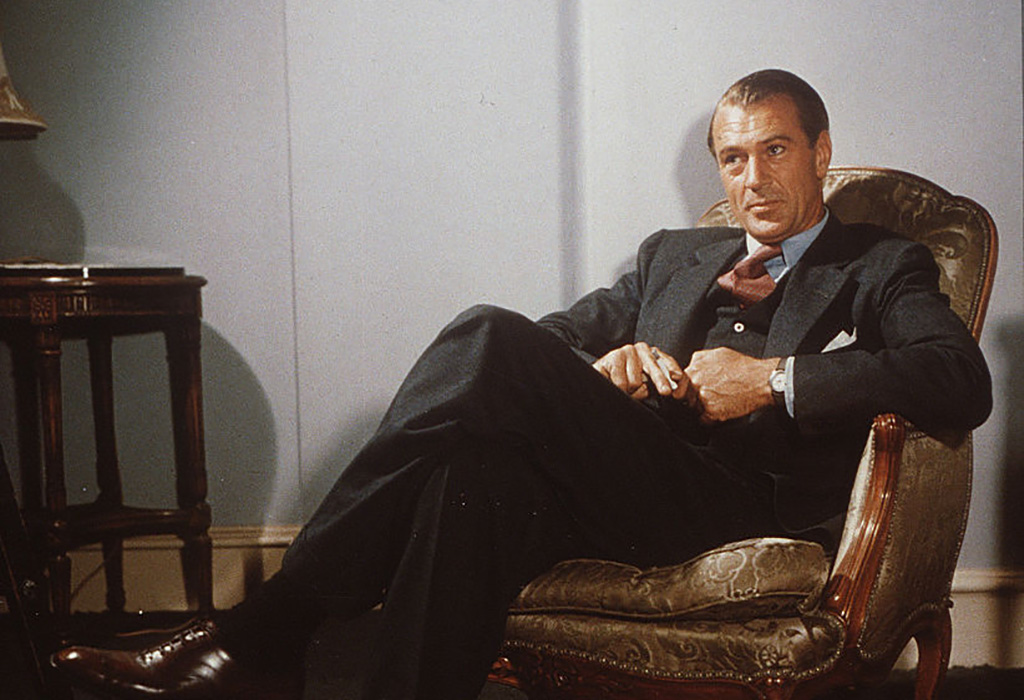
After visiting Pope Pius XII and having an extensive conversation with him, Cooper began to reflect on his past wrongdoings and turned to religion to help. Originally born and baptized as Episcopalian, he began to frequently attend Catholic mass and was mentored by a priest for spiritual guidance.
After months of counseling and religious study under the priest, Cooper was baptized in the spring of 1959 in front of a small group of friends and family.
He Wasn’t All Looks
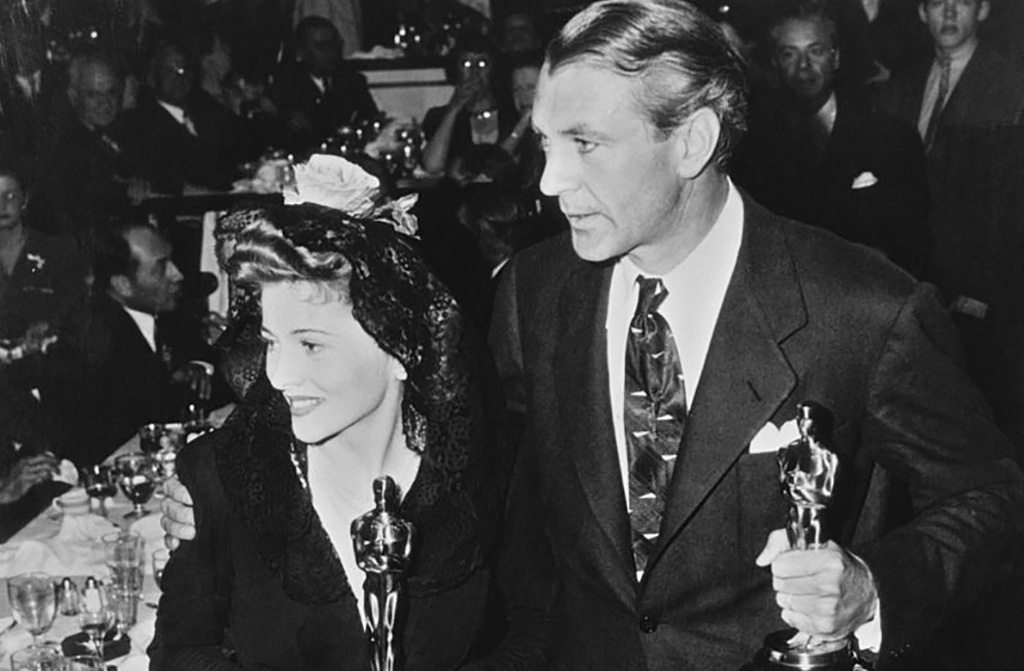
Although Cooper was recognized for his good looks and scandalous lifestyle, at his core, he was a magnificent actor. Current actors such as Tom Hanks and Al Pacino regard him as an inspiration and one of the best ever. Throughout his acting career, he was nominated for five Academy Awards for Best Actor, winning twice.
His first was in 1942 for Sergeant York and his second was in 1953 for High Noon. He then received an Academy Honorary Award in 1961, which was accepted by James Stewart in his stead.
He Drove One Of His Lovers Into Insanity

One of the many affairs that Cooper was involved with while still married to Balfe was with the young actress Patricia Neal, 28 years his younger. When Neal became pregnant with his child, he demanded that she get rid of it.
Despite all of that, while the two were still involved, Cooper then began another affair with his High Noon co-star Grace Kelly. This was devastating news to Neal who had once been the object of his affection, leading her to suffer a mental breakdown and leave Hollywood for good.
He Was A Fashion Icon
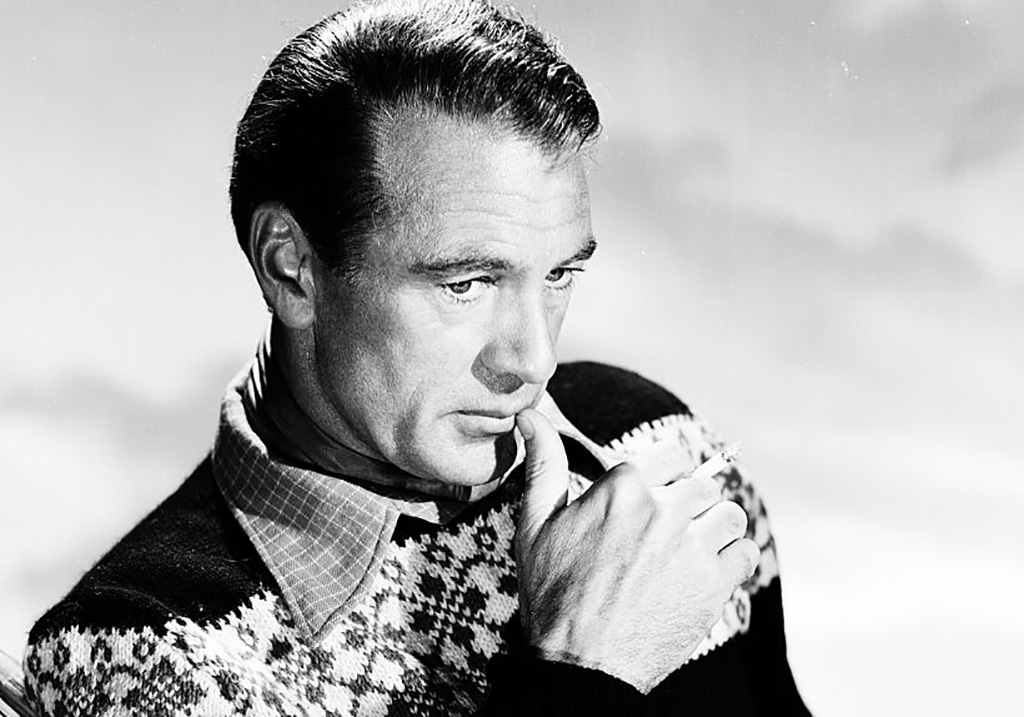
On top of being breathtakingly handsome, Cooper is also remembered for his impeccable fashion sense. During his time, people had a hard time believing that he was born in 1901, considering how up-to-date he was with trends and even being a trendsetter himself.
Plus, these were the days when celebrities didn’t have personal stylists who decided what they wore like there are today. This means that he dressed himself, and was a fashion icon for the generations to follow.
People Were Doubtful Of His Acting On Set
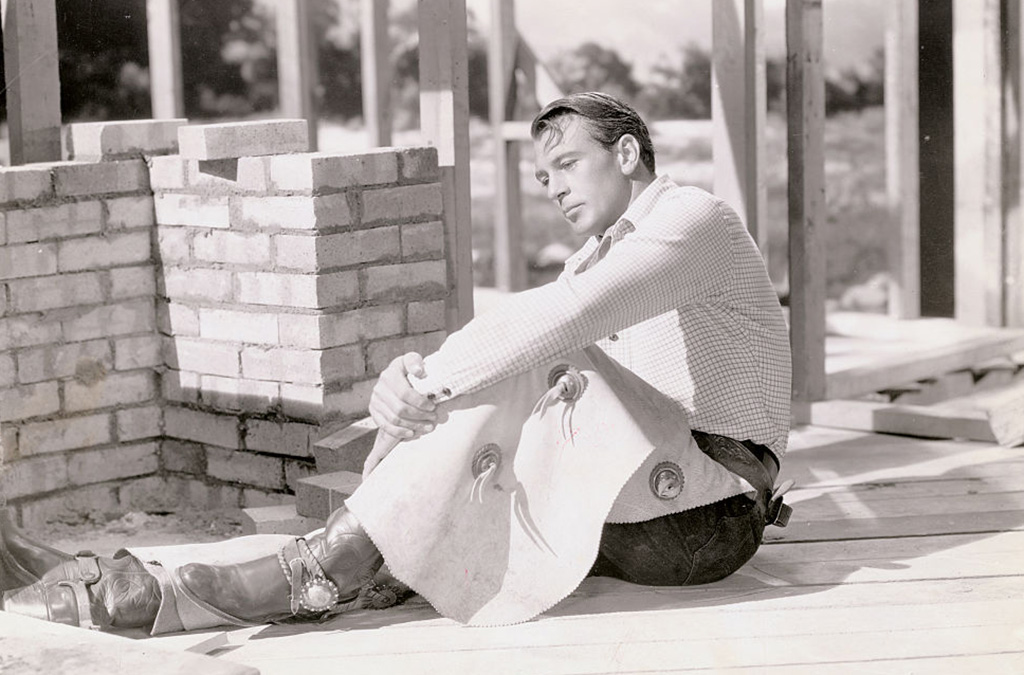
When Gary Cooper was acting in front of the camera, numerous people that he worked with over the years admitted that they were unimpressed with his performance. However, when the film was shown on the silver screen, audiences, critics, and even the director were wowed.
Sam Wood, who directed Cooper on four films, noted that “on-screen he was perfect,” but off-screen, he thought it was the worst acting he ever saw. Apparently, Cooper would “underplay” his characters, which added a lot of depth.
He Had Other Aspirations
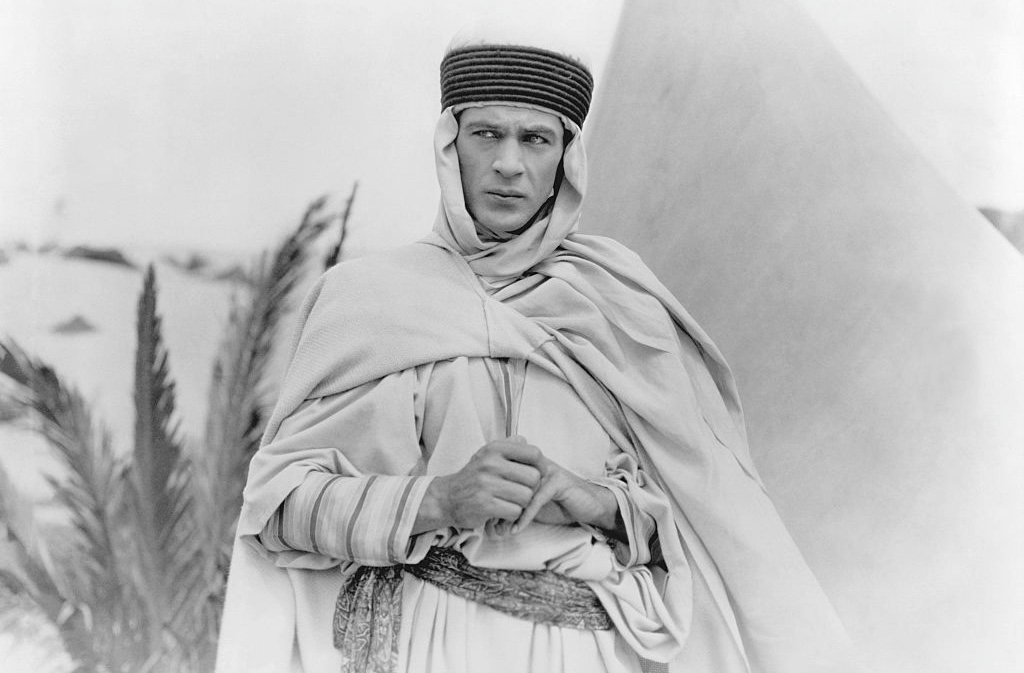
As great of an actor and public figure that Cooper was, there were times that he thought about leaving Hollywood behind. However, this wasn’t because he wanted to settle down and retire — he had a plan.
Cooper was a jack of all trades, with one of his numerous skills being drawing. At one point, he had intentions of retiring from acting and becoming a political cartoonist. Luckily for fans, he didn’t follow through with his grand idea.
Mr. Moneybags
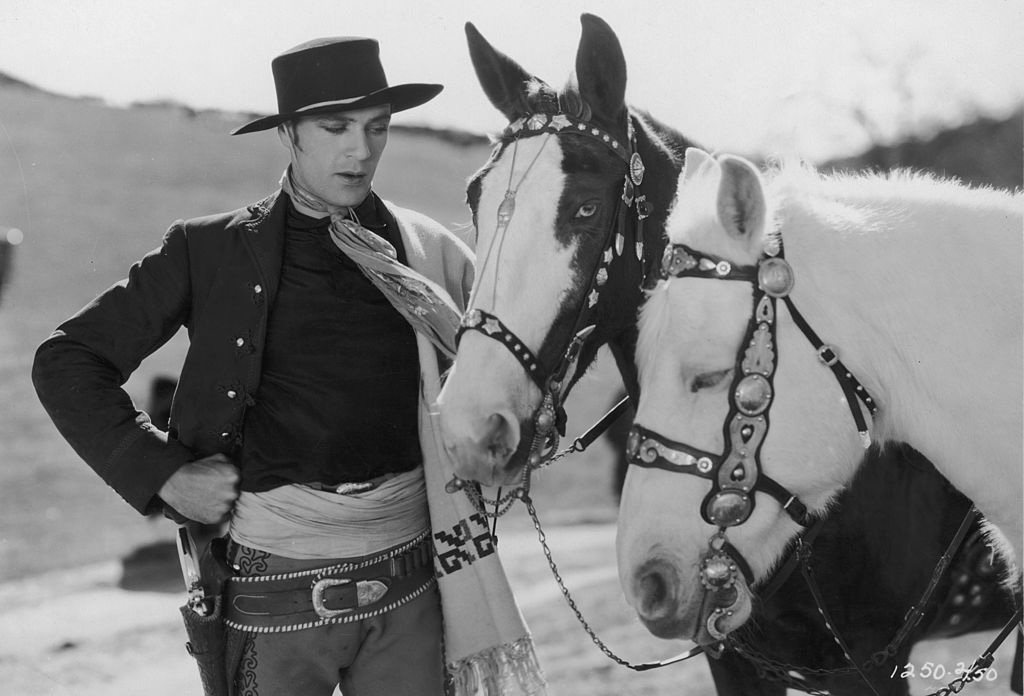
Considering Cooper’s incredible success as an actor, it’s no surprise to hear that at one point in his career, he was the highest-paid actor in Hollywood. However, his wealth was more impressive than that. In 1939, the United States Treasury named him the highest-paid American citizen in the world.
One potential reason behind this was that after the outbreak of World War II, certain businesses became less important, and movies became more popular to provide a sense of relief from the conflict.
He Went Behind Clark Gable’s Back
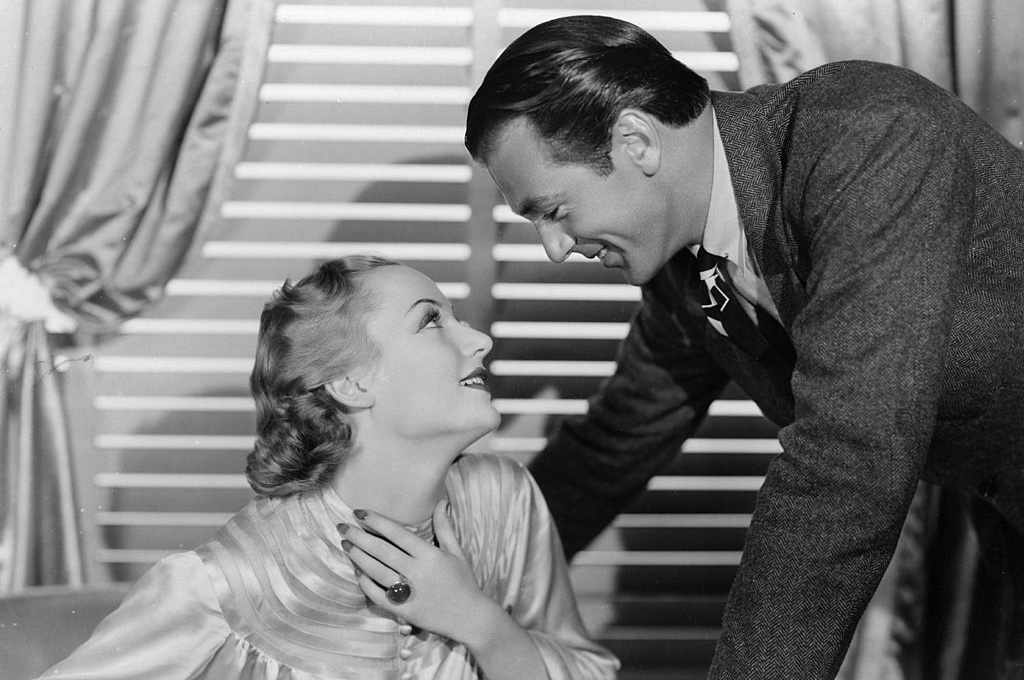
In the 1931 film I Take This Woman, it was rumored that Cooper had an affair with his female co-star Carole Lombard. While this wasn’t anything unusual, what made this relationship particularly notable was that Lombard was currently married to fellow Hollywood star Clark Gable.
After everything had ended, Lombard supposedly told Gable that she had a much better time with Cooper than she ever had with him. This resulted in Gable purchasing a Duesenberg car that was one foot longer than Cooper’s.
He Turned Down The Lead Role In Gone With The Wind
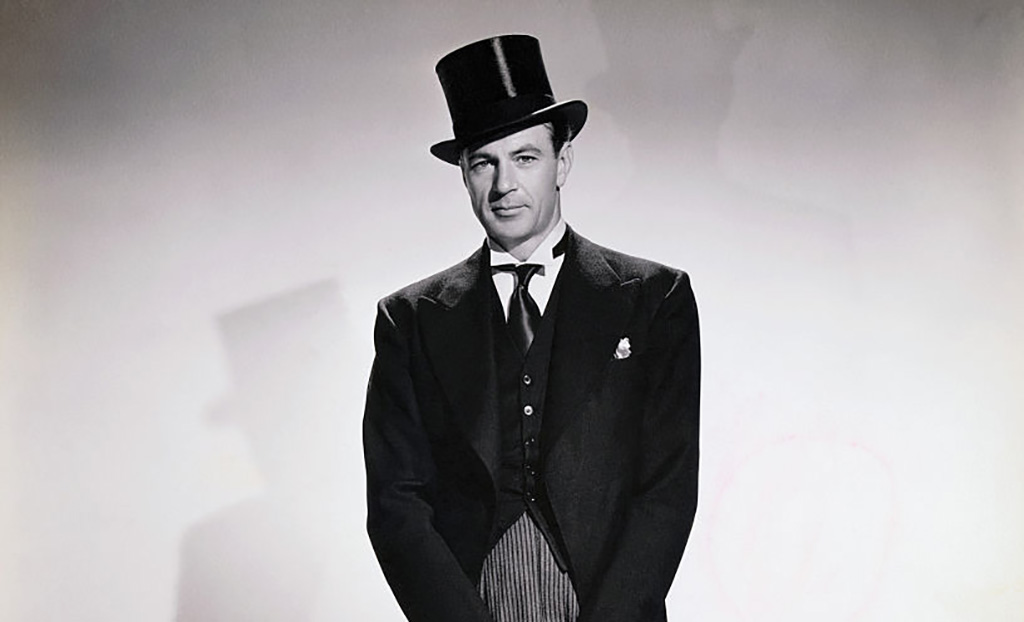
Cooper was known for his work ethic. He was almost always working on a film, and what made him such a star was that he gave everything he had for each project that he worked on. Although many of his films went on to be incredibly successful, there’s one film that he passed on that he most likely regretted.
He was offered the leading role in Gone with the Wind, yet turned it down, claiming that it was going to be the biggest flop in cinematic history. Clearly, he was wrong.
Sergeant York Was Made For Him In Mind
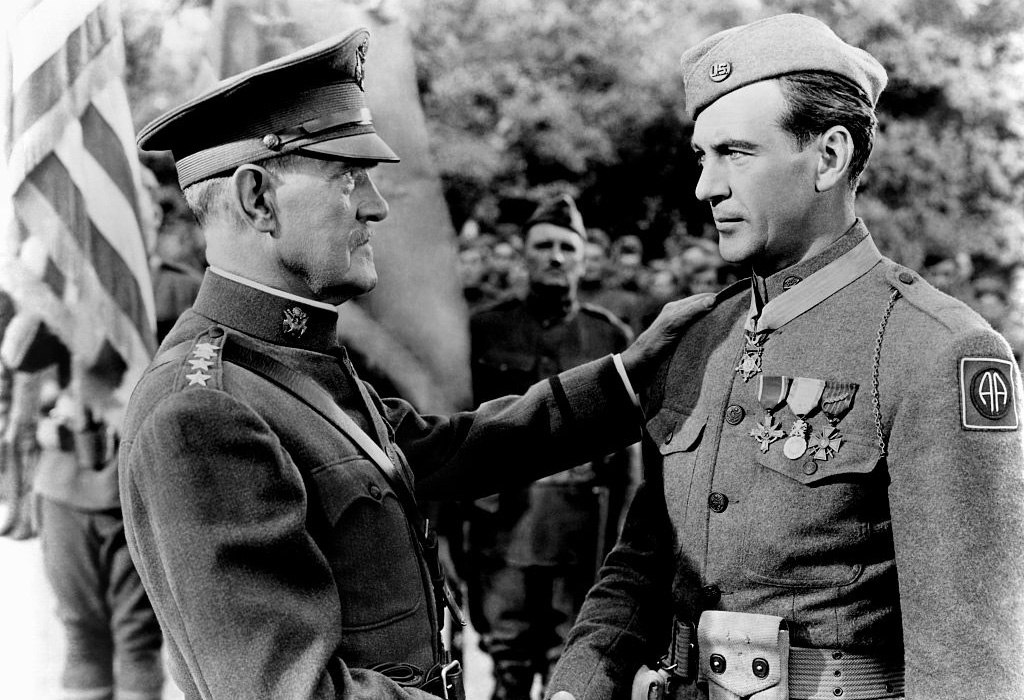
One of Cooper’s most notable films was the 1941 film, Sergeant York, for which he won an Academy Award for Best Actor. However, he didn’t have to try very hard to get the part. The role of Alvin C. York was essentially made for Cooper and he was approached for the film without even having to audition.
Interestingly enough, it wasn’t even the director or the producers who wanted to have Cooper play the part, but Sergeant York himself. This further helped the success of the film.
His Daughter Had A Career In Hollywood
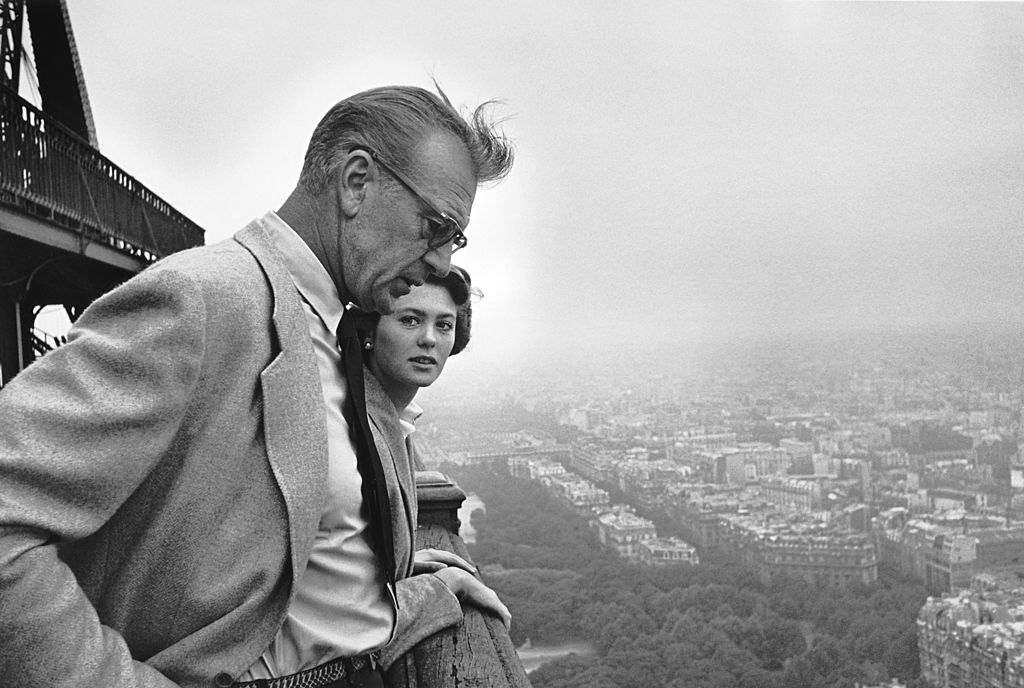
Because of the star that her father was, it is no surprise that Hollywood was quick to take an interest in his daughter, Maria Cooper. She truly was her father’s daughter, taking up many of the same hobbies including, riding, skiing, hiking, and even a career in acting.
Maria had a brief career in Hollywood as an actress at first before eventually becoming a producer. Her best-known role was as Bobbi in the 2000 film, Sleepy Hollow High. She then worked as a producer of the 2005 talk show Icons.
He Gave Tours In Yellowstone National Park
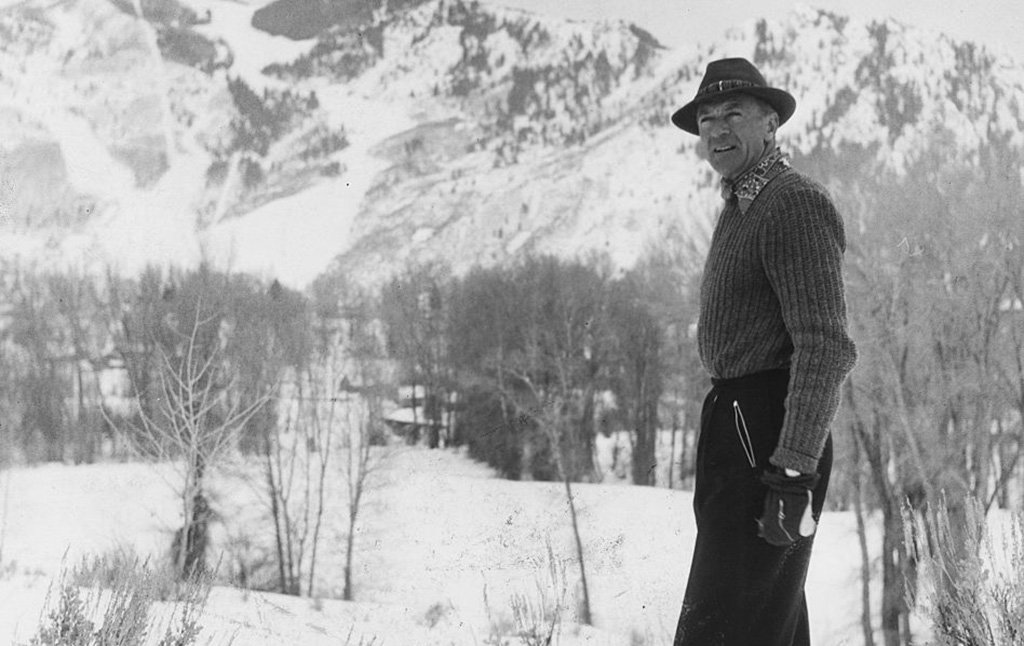
While attending college, in order to make some extra money during the summer, Cooper put his knowledge of the outdoors to use. He took up a job as a tour guide in Yellowstone National Park in the summers of 1922 and 1923.
His job was to drive tourists around in an open-top bus, showing them the scenery and giving them information about the surrounding areas. Nobody knew that their tour guide would become one of the most famous actors in Hollywood history.



